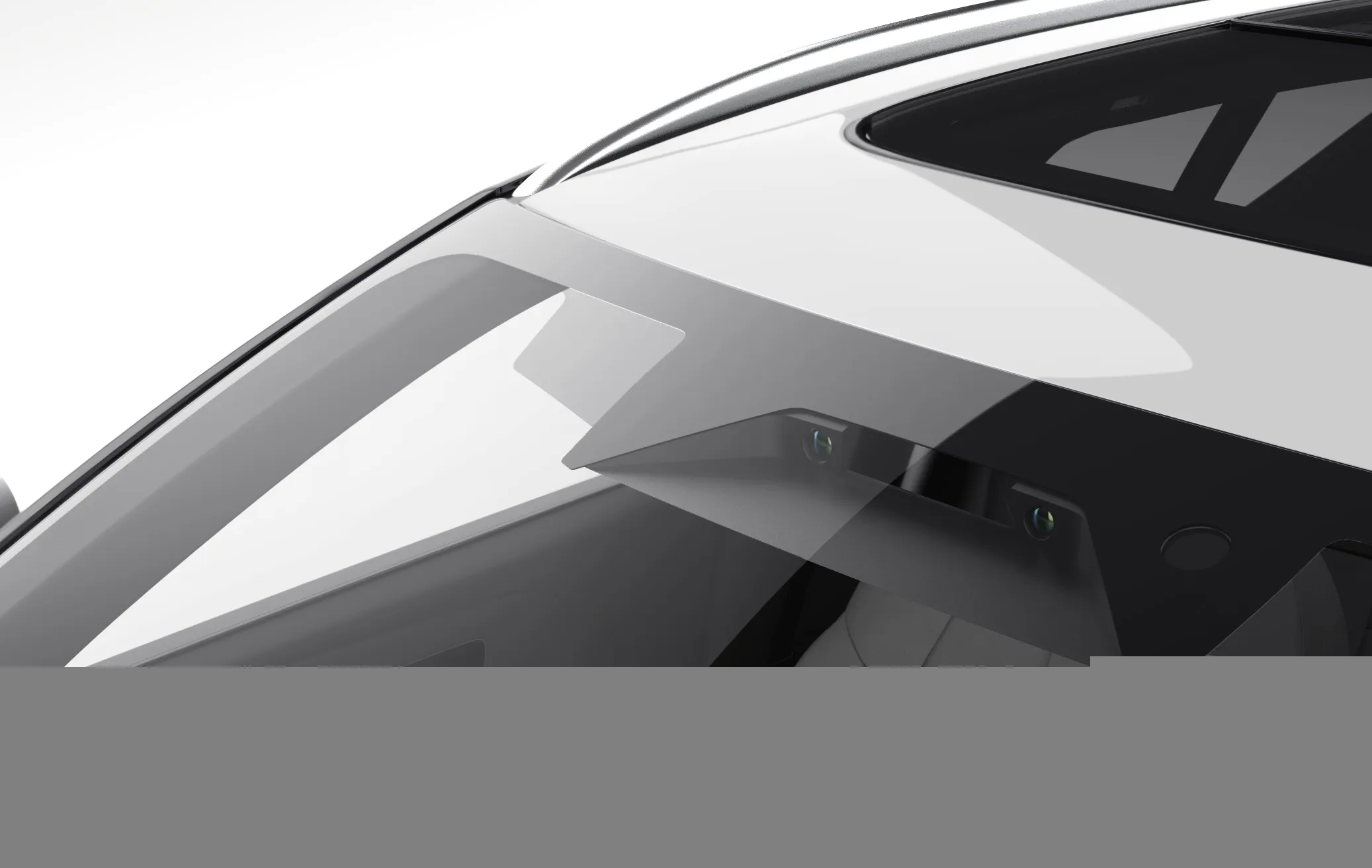BMW Group and Toyota Motor Corporation (TMC) have signed a memorandum of understanding (MOU) concerning a mid to long term collaboration on next-generation environmentally friendly technologies. Under the partnership, the two companies have agreed to collaborate on development of lithium-ion battery technologies and to identify and discuss other possible collaborative projects. In addition, Toyota Motor Europe (TME), TMC’s European subsidiary, and BMW have entered into a contract under which BMW will supply
June 25, 2012
Read time: 1 min
In addition, Toyota Motor Europe (TME), TMC’s European subsidiary, and BMW have entered into a contract under which BMW will supply 1.6 litre and 2.0 litre diesel engines to TME starting in 2014. The engines will be installed in certain Toyota produced vehicles planned for sale in the European market. Through this agreement, Toyota plans to expand its European line up and sales of fuel-efficient, low emission diesel-powered vehicles.








